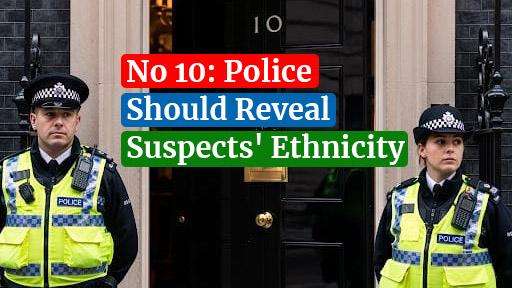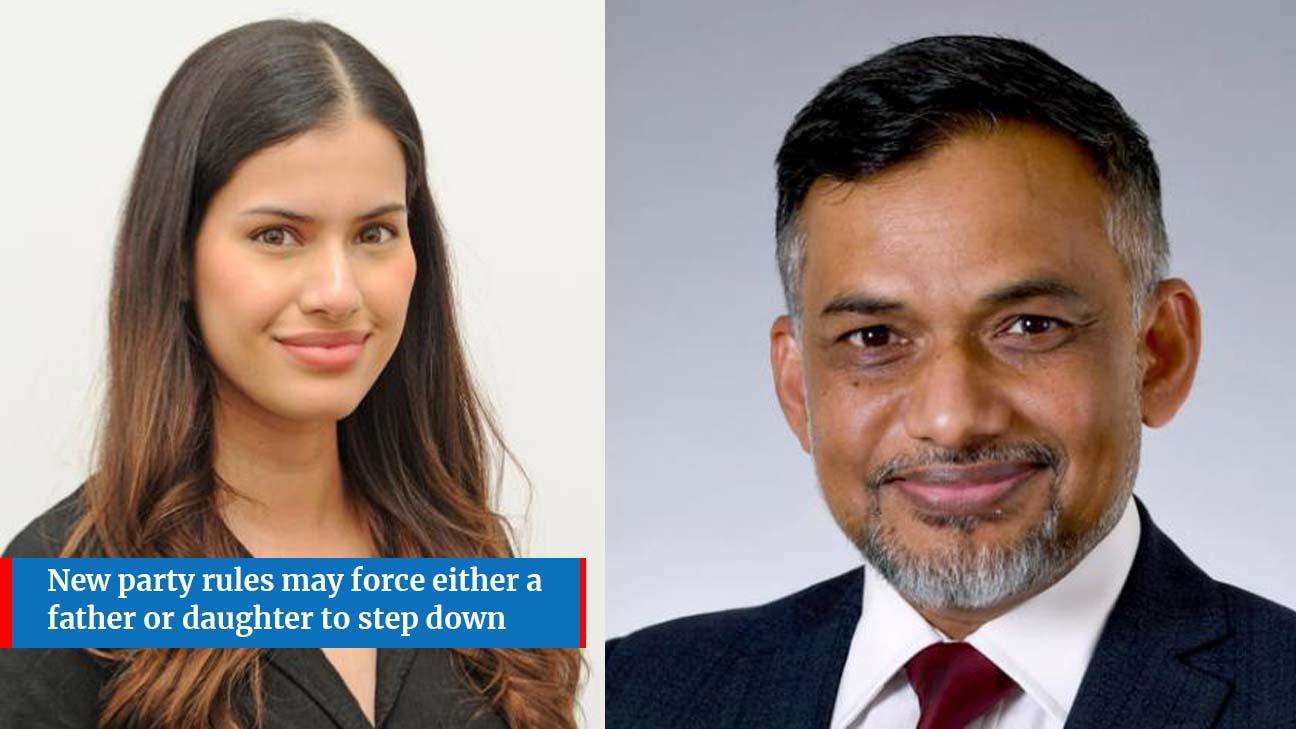A heated debate over police transparency and the reporting of criminal suspects' backgrounds has been reignited, following the charging of two asylum seekers in Warwickshire in connection with the alleged rape of a 12-year-old girl. The case has thrust the issue of revealing the ethnicity and immigration status of suspects into the national spotlight, with Downing Street and political leaders weighing in.
The controversy stems from reports that Warwickshire Police advised local officials against revealing the asylum-seeker status of the two male suspects, Ahmad Mulakhil, 23, and Mohammad Kabir, also 23, who were charged last week. Mulakhil faces a charge of rape, while Kabir is charged with kidnap and strangulation. While the police force has not officially confirmed the men's immigration status, the reported advice was allegedly given to prevent "inflaming community tensions."
This stance has drawn criticism and sparked a wider conversation about the public’s right to information and the role of police in managing community relations. A spokesman for the Prime Minister, Sir Keir Starmer, indicated that law enforcement and governing authorities "should always be as transparent as possible" about criminal cases. While acknowledging the operational independence of the police and courts, the spokesman emphasized a broader position that all authorities should be open in their handling of such issues.
The discussion is particularly sensitive for ethnic communities, who often find themselves at the center of such debates. The fear of "inflaming community tensions" is a palpable concern, as the actions of individuals can be unfairly generalized to entire groups. The potential for a backlash against a specific ethnic or immigrant community is a key reason for police reluctance to release such details.
However, a different view is championed by figures like Reform UK leader Nigel Farage, who believes police forces should be required to release the immigration status of individuals charged with a crime. Farage argued on Monday that in an atmosphere where public debate around sexual assaults and rapes has intensified, such transparency is essential.
The issue of an "information vacuum" is a core component of this debate. Last summer, widespread unrest followed the murder of three girls in Southport. These riots were partly fueled by false and unchecked rumors circulating on social media, falsely claiming the perpetrator was a Muslim asylum seeker. This incident highlighted the dangers of a lack of official information, which can be filled by misinformation and disinformation, often targeting specific ethnic or religious communities.
In response to these concerns, three of the main policing bodies have raised the issue of current contempt of court rules, which are designed to ensure a fair trial but can sometimes lead to a lack of public information. The Law Commission, which advises ministers on new laws, is currently fast-tracking new contempt of court rules at the request of Sir Keir. The commission is expected to report back next month with recommendations on what information law enforcement agencies should be able to publish. This upcoming report could provide a new framework for how police manage the delicate balance between ensuring a fair trial and providing the public with timely, accurate information, particularly in cases involving individuals from specific ethnic or immigrant backgrounds.








.svg)


_1.jpg)